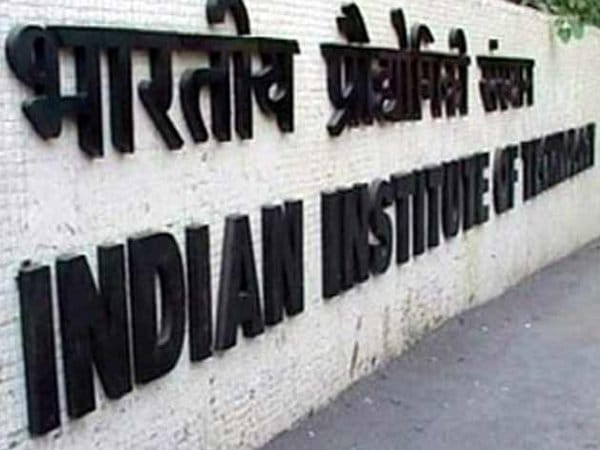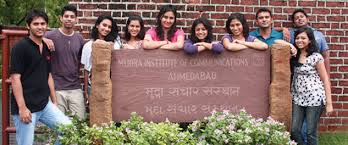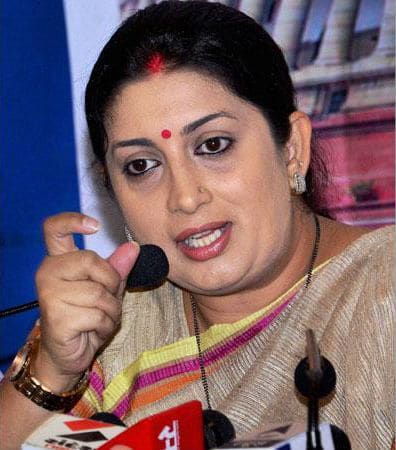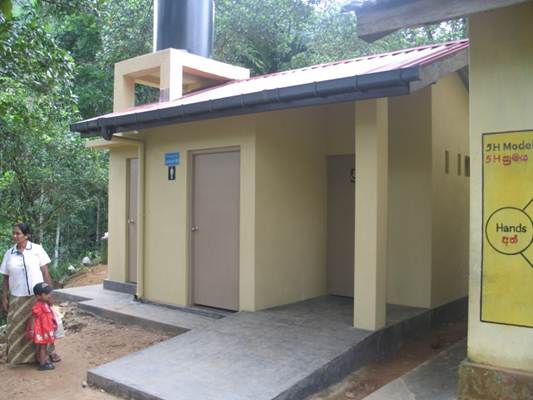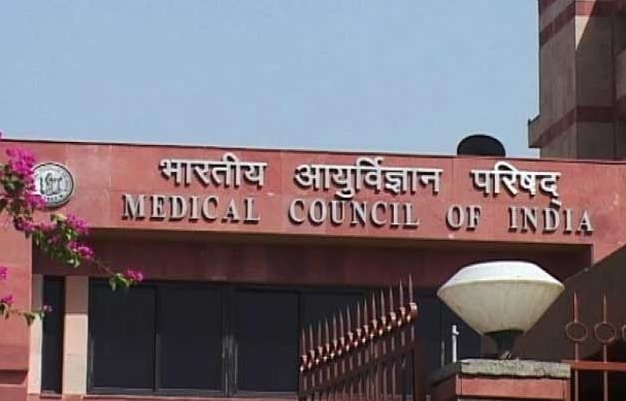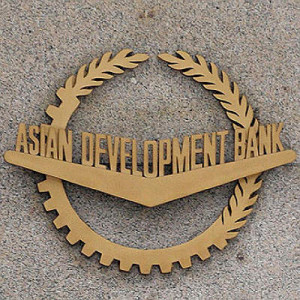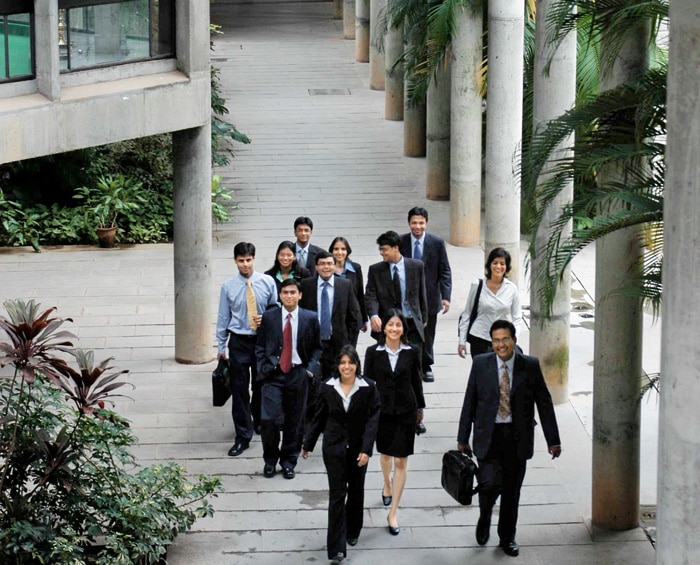 IIM Bangalore’s PGP Summer Placements 2015 concluded in record 2.5 days with Amazon and Accenture short listing the maximum number of students. E-commerce giant Amazon made 19 offers while Accenture Management Consulting followed up with 17 offers.
IIM Bangalore’s PGP Summer Placements 2015 concluded in record 2.5 days with Amazon and Accenture short listing the maximum number of students. E-commerce giant Amazon made 19 offers while Accenture Management Consulting followed up with 17 offers.
As many as 400 PGP students of IIM Bangalore successfully got through summer internships to be undertaken in April-May 2015. 130 recruiters made offers during this year’s summer placements, the process for which began on October 31 was spread over five interview slots in two and a half days and two pre-processing days. Over 35 students are expected to intern at international locations.
23 per cent of offers made were from management consulting sector. Big recruiters, apart from Accenture Management Consulting, were The Boston Consulting Group (BCG) with 13 offers, McKinsey & Co. with 10 offers, Bain & Co. with 7 offers, A T Kearney with 6 offers. Other prominent recruiters included Roland Berger, Strategy&, Deloitte, PwC Diamond, Alvarez & Marsal, Siemens Management Consulting, and GEP among others. Capgemini, KPMG and PricewaterhouseCoopers also offered consulting profiles.
Around 20 per cent of students secured internships in the banking and financial services segment. International banks like JP Morgan, Goldman Sachs, UBS, Morgan Stanley, Barclays, HSBC, Deutsche Bank, Bank of America, Merrill Lynch, Citi Group, Royal Bank of Scotland and Nomura hired interns for investment banking and global markets & equities. Other financial institutions offering a range of financial roles included Standard Chartered, ICICI, Edelweiss, DBS, JM Financial, and Avendus Capital. The Blackstone Group, a premier investment and advisory firm, recruited exclusively from IIMB.
The Sales & Marketing roles were offered to 20 per cent of the batch. Hindustan Unilever hired eight interns for domestic and international locations. Top FMCG companies who continued to recruit from IIMB included Proctor & Gamble, ITC, Mondelez, PepsiCo, Coca-Cola and Reckitt Benckiser. Johnson & Johnson and Marico also offered sales & marketing positions.
10 per cent of the batch will intern with conglomerates in general management, leadership and strategy profiles. Aditya Birla Group with eight offers was the top recruiter under these profiles. TAS, Reliance Industries, C.K. Birla Group, Wipro, Mahindra & Mahindra, General Electric and Saint Gobain also recruited in great numbers under this profile.
Operation profiles across various sectors were offered to around 10 per cent of the batch.
Technology giants like Microsoft, Google, Juniper Networks and Directi participated in the intern recruitment process as well. Big players from e-commerce segment, apart from Amazon, were Flipkart making 10 offers for different profiles including operations. Around five percent offers each were given in information technology and corporate finance functions across various sectors. Tata Steel, Airbus, Larsen & Toubro and Robert Bosch also came up with operations roles. Media houses like Times Group and HT Media visited the campus for the process as well, thus adding diversity to the range of profiles offered.


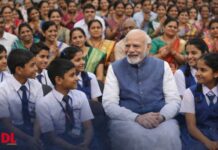




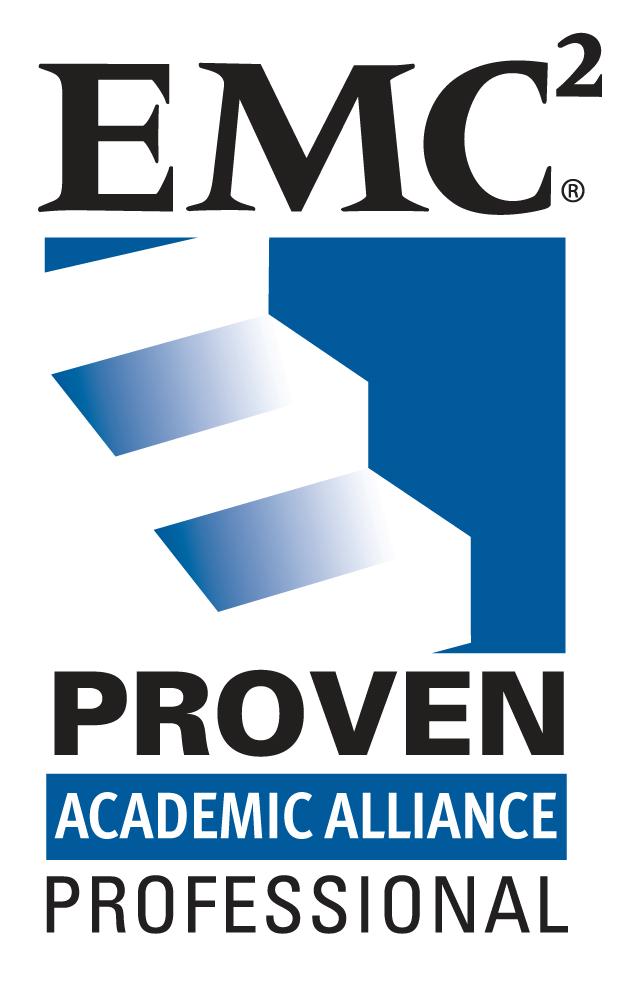
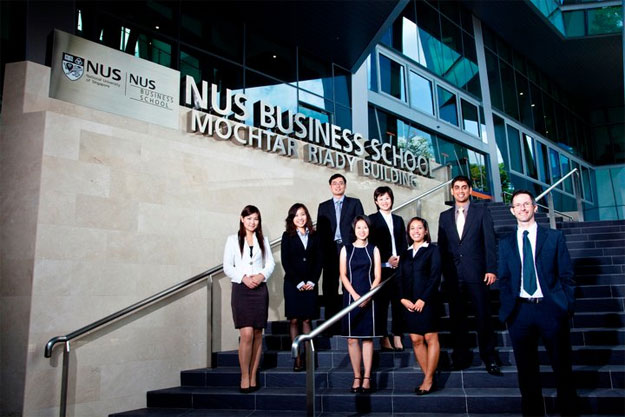

 IIM Bangalore’s PGP Summer Placements 2015 concluded in record 2.5 days with Amazon and Accenture short listing the maximum number of students. E-commerce giant Amazon made 19 offers while Accenture Management Consulting followed up with 17 offers.
IIM Bangalore’s PGP Summer Placements 2015 concluded in record 2.5 days with Amazon and Accenture short listing the maximum number of students. E-commerce giant Amazon made 19 offers while Accenture Management Consulting followed up with 17 offers.